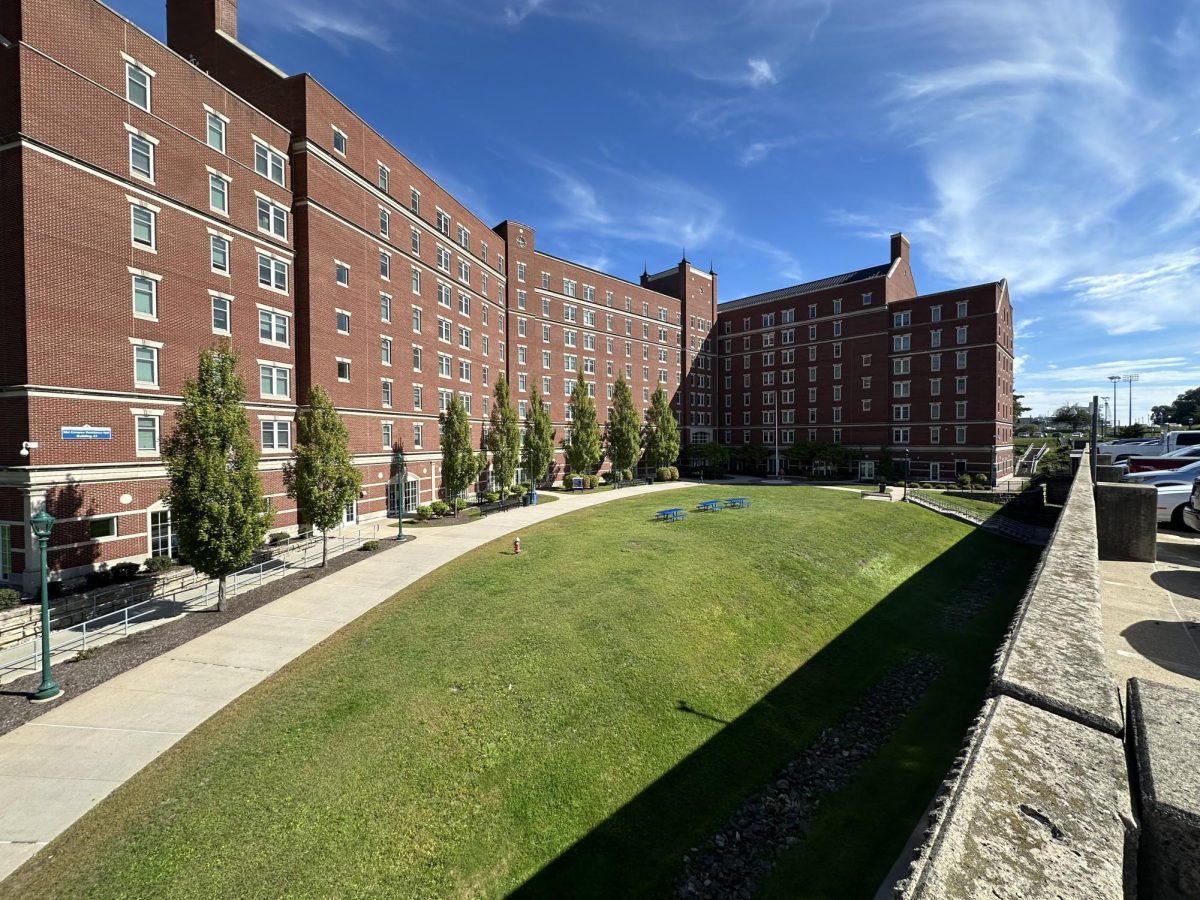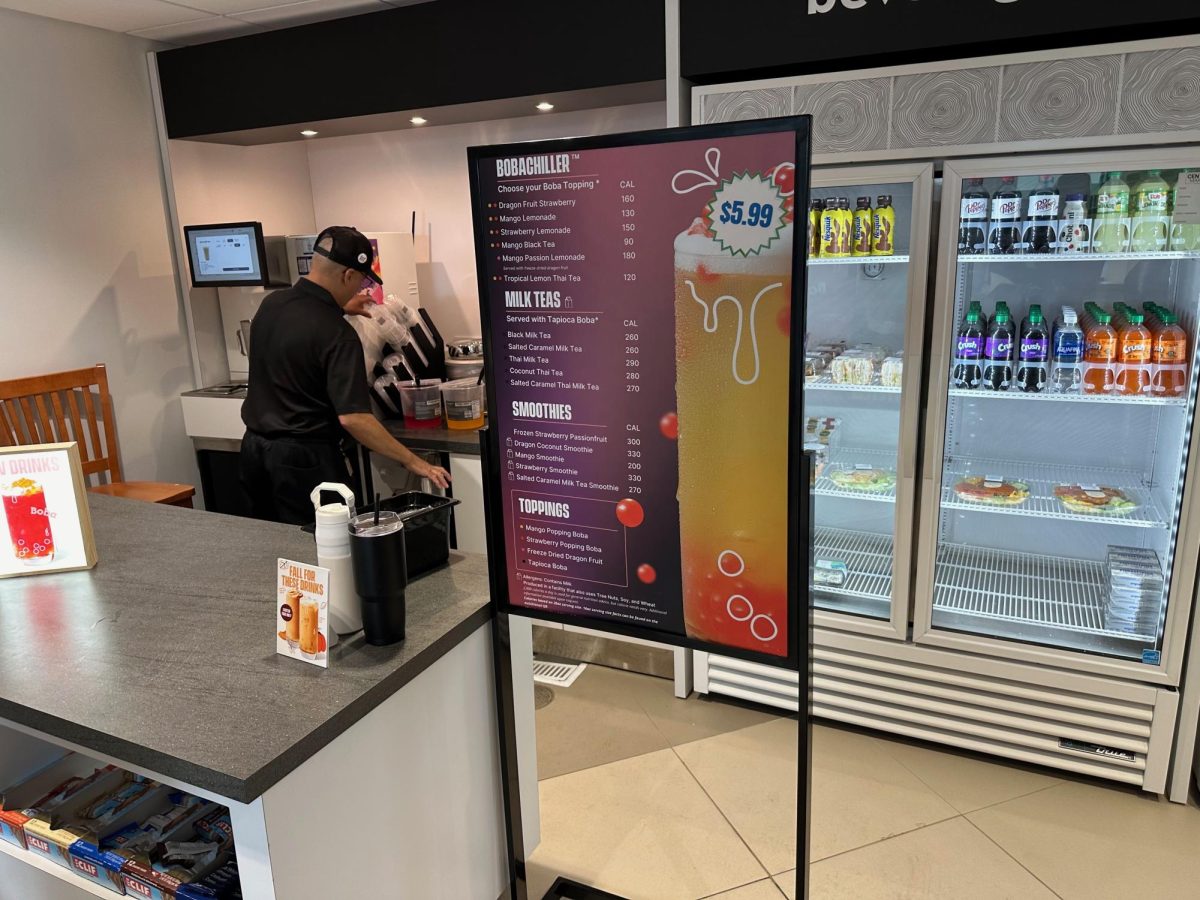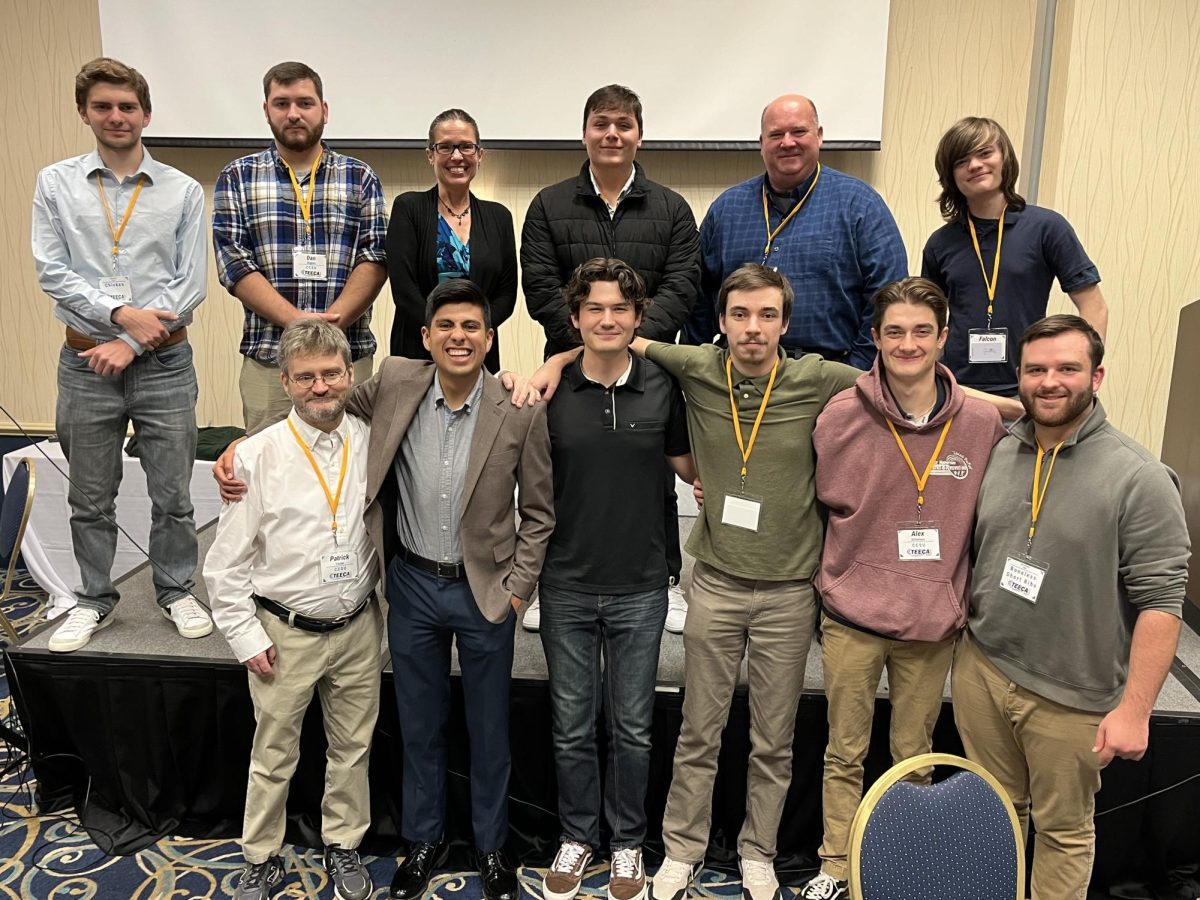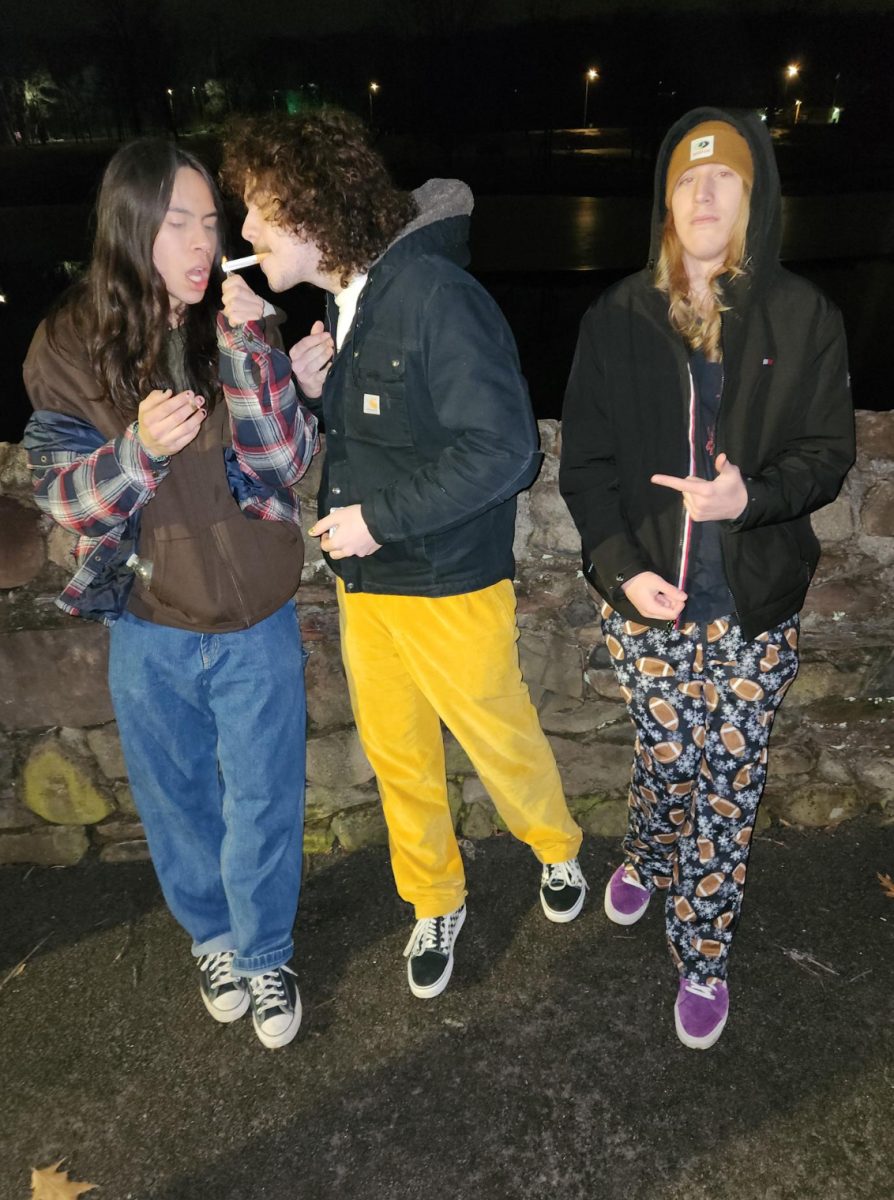The Connecticut League of Conservation Voters releases an annual Environmental Scorecard, ranking lawmakers based on their voting record on environmental policy, to keep voters informed.
CTLCV is a nonprofit organization working to educate voters and elected leaders on state environmental issues, according to its website.
Lori Brown, executive director of CTLCV, said reviewing the scorecard before voting is imperative.
“If you don’t really know the system then you don’t know where your entry points and pressure points are,” Brown said.
Brown said the scorecard is to help the average constituent become aware of how representatives voted when it came to the environment.
“Our goal is to keep beating that drum and make sure that they’re held accountable,” Brown said.
Brown said the role of CTLV is to merge all environmental groups such as transportation, wildlife and funding.
“It’s an effort to unify the whole network of environmental groups,” Brown said. “Connecticut is the land of coalition. No one group is responsible for one victory.”
Brown said this year, lawmakers did a disservice to the environment.
“This year they failed pretty badly,” Brown said. “Both major climate bills were killed and both Democrats and Republicans had a hand in killing it.”
Ironically, the day the major climate bill was killed, was this summer amid the Canadian Wildfires.
“That day where people looked out at the dome of the capital, covered in an orange sky, that was the day they killed the climate bill,” Brown said.
Brown said defeats like this are not discouraging to CTLCV.
“These [bills] are all coming back,” Brown said. “So we can fix them.”
One section that the scorecard highlights is Carbon-Free School Requirements for New School Construction (SB 961). Brown said this is one of many bills that college students could see the direct results of.
“There’s a lot of data,” Brown said. “Schools that have poor lighting and poor air quality, it greatly impairs the learning environment.”
The scorecard not only shows what lawmakers are for and against, but goes into depth on what exactly the bills mean.
From greenhouse gas emissions to solar to waste management, readers can see the specifics of what each lawmaker supports before they cast their vote.
“If you’re not voting your voice is not in front of legislators,” Brown said.
While voting is most encouraged, Brown said there are many ways college students can continue to hold lawmakers accountable depending on their comfort level.
CTLCV hosts Climate, Coffee and Convos where Connecticut residents can engage in casual conversations with lawmakers.
“They’ve been really wildly popular,” Brown said. “It’s constructive and a really good way for a student to get involved. Come and meet your lawmakers.”
CTLCV also holds an annual Environmental Summit at the Connecticut Science Center.
The day-long summit hosts several panels and discussions and is free to students.
“The summit I would say is what every student should try to get to,” Brown said.






